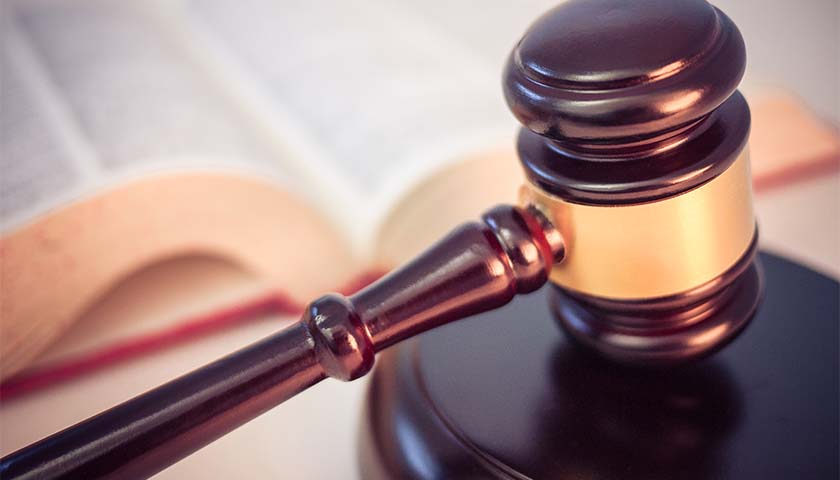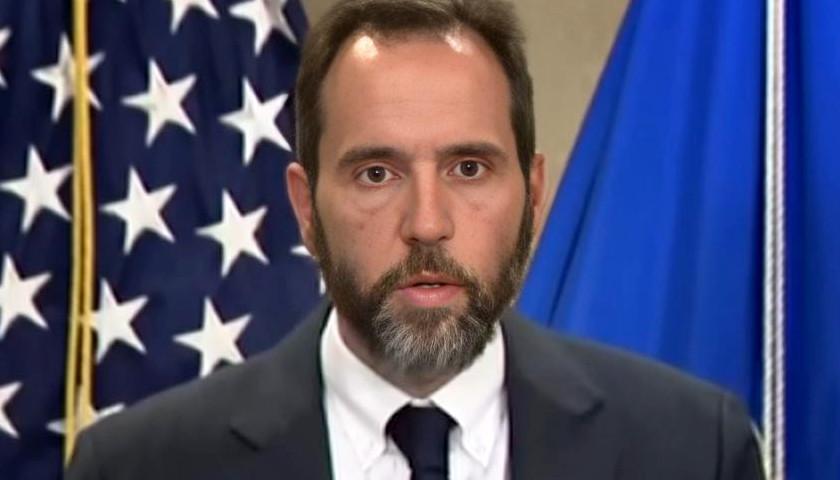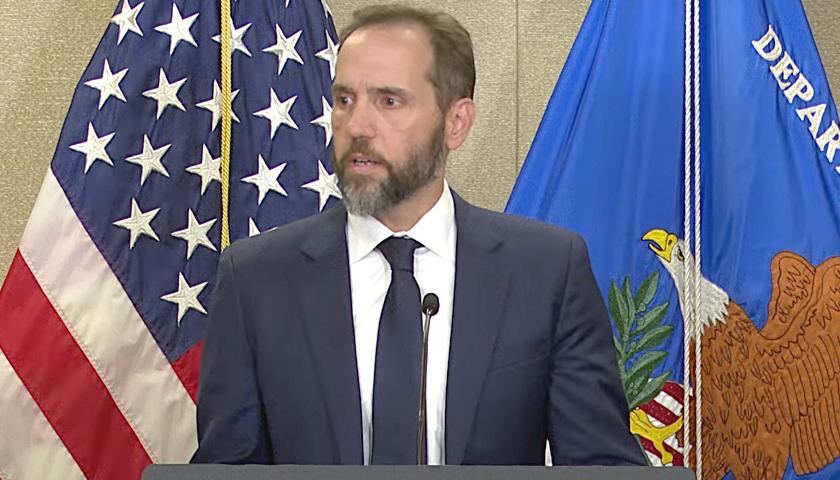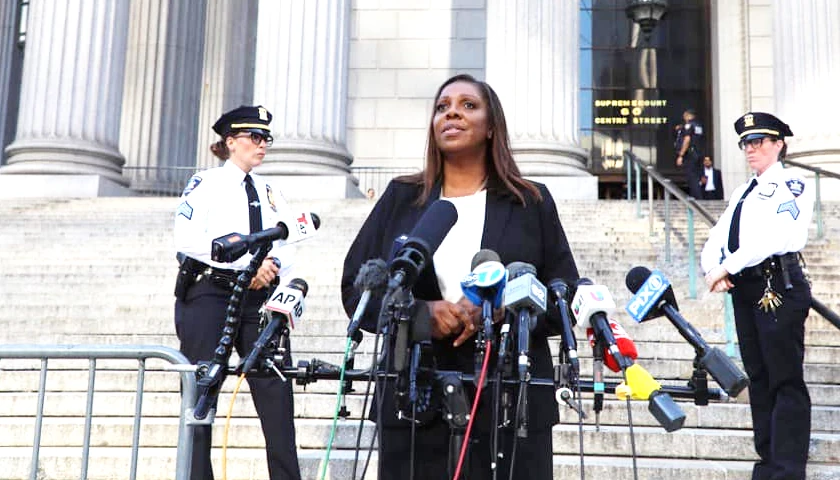Three school districts north of Pittsburgh, Pennsylvania are litigating over new guidelines enjoined by the Pennsylvania Department of Education (PDE) directing teachers and students to adhere to progressive ideology.
Representing Laurel School District, Mars Area School District and Penncrest School District as well as teachers and families in those jurisdictions, attorneys for the nonprofit Thomas More Society contend that the instructions violate both the state and federal constitutions.
According to the Culturally Relevant and Sustaining Education (CR-SE) Program Framework Guidelines PDE adopted last month, educators’ “continuing professional development programs” must include competencies covered in the document during the next academic year. “Preparation and induction programs” (i.e., those that certify a teacher and allow him or her to start teaching) must integrate the proficiencies no later than the 2024-25 school year.
Those abilities include teachers’ capacity to “understand that they, like everyone, can unwittingly adopt societal biases that can shape the nature of their interactions with groups and individuals.” The guidance calls on the educators to “engage in critical and difficult conversations with others to deepen their awareness of their own conscious/unconscious biases, stereotypes and prejudices.”
The call for teachers to embrace leftist doctrine gets sterner from there as they are expected to “know and acknowledge that biases exist in the educational system; understand the importance of social markers such as race [and] gender identity…; [and] disrupt harmful institutional practices… by advocating and engaging in efforts to rewrite policies, change practices, and raise awareness.”
Other parts of the guidance take aim at students’ behavior as well, particularly a section warning against “microagression,” which the document defines as “a comment or action that subtly and often unconsciously or unintentionally expresses a prejudiced attitude toward a member of a marginalized group (such as a racial minority).”
When PDE Acting Secretary Khalid N. Mumin announced the guidelines last November, he stated they were “part of our work to ensure equity and promote success for all students in the commonwealth.”
But opponents believe the mandates breach constitutional guarantees of free conscience and expression and that they run afoul of the commonwealth’s regulatory process.
According to the petition filed by the Thomas More Society in the Commonwealth Court, Pennsylvania’s executive branch cannot simply foist a guidance like this on teachers and school administrators. Plaintiffs insist PDE must process the directions through the state Regulatory Review Act, which means the department “must invite, accept, review and consider written comments from the public regarding the proposed regulation; it may hold public hearings if appropriate.” The state attorney general would then need to sign off on the “form and legality” of the new rules.
In their filing, the society’s lawyers go on to raise a host of other objections to PDE’s action.
“The requirements contained within Respondents’ CRSE Guidelines are vague, ambiguous, overly broad, not clearly defined, not objectively measurable, not based upon the curricular standards outlined in… the State Board of Education regulations, inconsistent with the Code of Professional Practice and Conduct for Educators…, inconsistent with the provisions of the Public School Code…, and requires [sic] compelled speech, beliefs, and behavior on the part of the School District Petitioners,” the brief states.
Like the free-speech guarantees included in the federal Constitution, those in the Pennsylvania Constitution are comprehensive.
“The free communication of thoughts and opinions is one of the invaluable rights of man, and every citizen may freely speak, write and print on any subject, being responsible for the abuse of that liberty,” the Pennsylvania Constitution reads.
In the petitioners’ view, the CRSE requirements contravene this guarantee inasmuch as they “compel speech in conformity with the ideological tenets of Respondents” as well as “restrict, prohibit, and eliminate any speech that is subjectively perceived as not in conformity” with those tenets.
– – –
Bradley Vasoli is managing editor of The Pennsylvania Daily Star. Follow Brad on Twitter at @BVasoli. Email tips to [email protected].
Photo “Gavel and Law Book” by Blogtrepreneur. CC BY 2.0.





